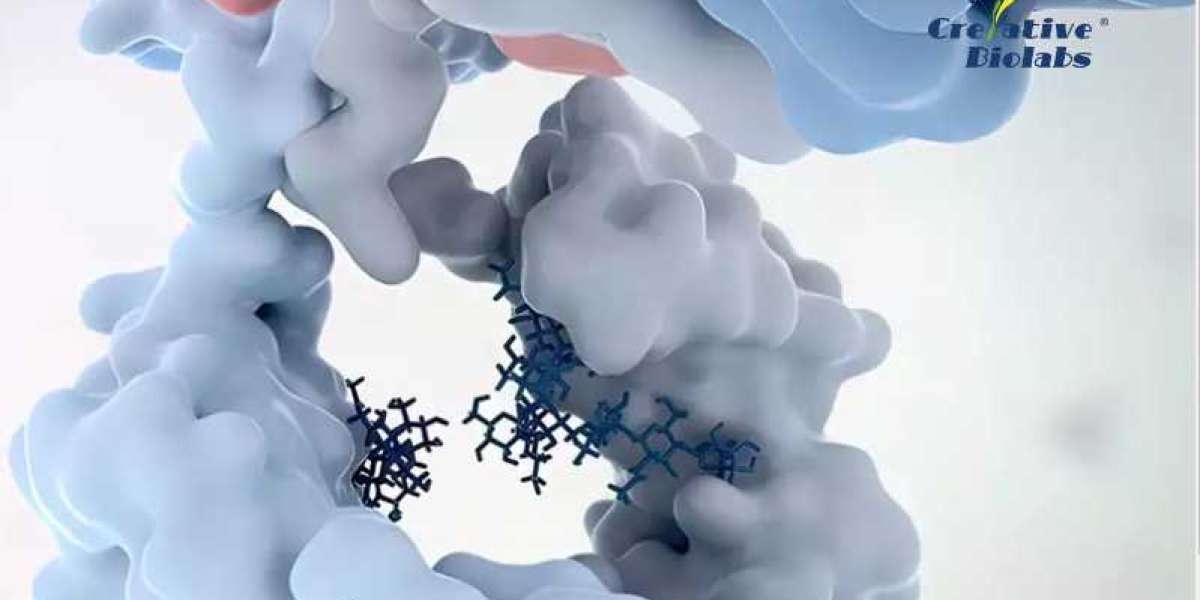A recent study demonstrated that γδ T-cells were found to be the most prognostically beneficial immune cell subset in tumor infiltrates from 18,000 tumors across 39 malignancies, which makes γδ T-cells a kind of highly promising effector cell compartment for cancer immunotherapy. At present, γδ T cells have indicated powerful anti-tumor efficacy against breast cancer, colon cancer, lung cancer, leukemia, and others.
As innate immune cells, indeed, gamma delta T cells can recognize tumor cells independently of human leukocyte antigen (HLA) restriction and quickly produce abundant cytokines and potent cytotoxicity in response to malignancies. Gamma delta T cells have several favorable features for the development of T cell-based therapy for cancer, which are listed below:
* Gamma delta T cells recognize a broad spectrum of antigens on various cancer cells.
* Gamma delta T cells recognize their target cells independent of the major histocompatibility complex (MHC).
* Gamma delta T cells are distributed in various tissues and can quickly respond to target tumor cells.
* Gamma delta T cells interact with other immune cells such as B cells to drive a cascade of immune responses against tumors.
Isolating and purifying functional and specific gamma delta T cell populations from a complex biological sample is crucial for understanding the biological function of gamma delta T cells and creating gamma delta T cell-based therapies. Therefore, outstanding technologies for T cell isolation play a critical role. Magnetic bead cell sorting (MACS) is a frequent, efficient, and quick method for isolating uncontaminated gamma delta T lymphocytes from human peripheral blood mononuclear cells (PBMCs).
In addition, due to the essential function of gamma delta T cells in several diseases, a T cell cytotoxicity test is necessary for testing gamma delta T cell activity and cytotoxicity. The normal cytotoxicity tests include the LDH cytotoxicity test, flow cytometry-based cytotoxicity test, and impedance-based label-free real-time cytotoxicity assay, in which the LDH cytotoxicity test is one of the most commonly used methods for cell cytotoxicity detection.
Creative Biolabs is a biotechnology business that focuses on the discovery of gamma delta T cells to combat human cancers. They established and optimized robust platforms in-house for the selective isolation and expansion of anticancer gamma delta T cell populations from human tissues. Furthermore, they offer preclinical research services to assess the safety and efficacy of gamma delta T cell-based cancer immunotherapy.







